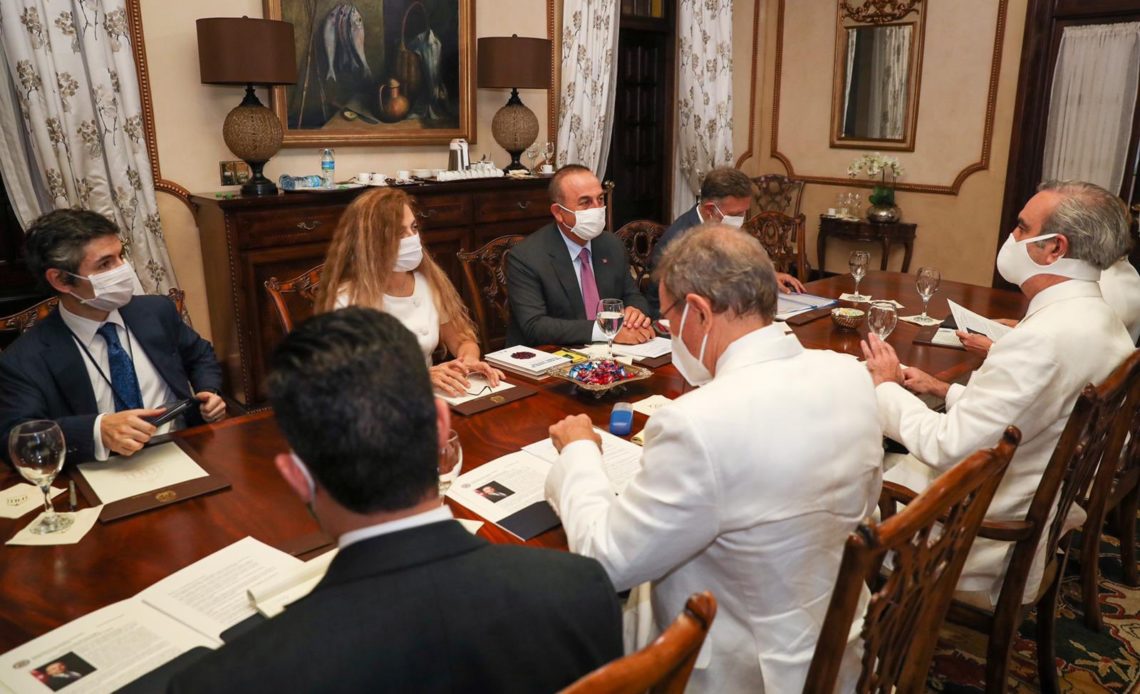According to Ulises Rodríguez, Director of the Center for Industrial Development and Competitiveness (Proindustria), the Dominican free zone parks arouse the interest of Turkish and Korean investors, among other nationalities, to install their multinational assembly and production companies in the country, thanks to the renovation and reopening spaces that were closed.
The Center for Development and Industrial Competitiveness (Proindustria) has 264 new requests from international delegations to settle.
The sector recovered and exceeded the levels of employment prior to the pandemic and from Proindustria, they estimate that in the first quarter of 2023 the leading employment in the Dominican Republic focused on industry.
Last Thursday, the Central Bank increased its monetary policy interest rate by 75 basis points, from 6.50% to 7.25%, in the sixth consecutive increase. The measure seeks to counteract inflationary pressures, which will generate a moderation in the growth of monetary aggregates.
Economists Miguel Collado and Antonio Ciriaco Cruz considered yesterday that the sixth increase in interest rates ordered by the Central Bank would impact domestic credit and economic activity.
Ciriaco Cruz, vice dean of the Faculty of Economic and Social Sciences of the Autonomous University of Santo Domingo (UASD), considered that the Central Bank is overreacting with respect to the interest rate increases because it can provoke a slight recession in the country.
He said that the increase in interest rates decreases the credit of the private sector, the investment, and the consumption of individuals and households, thus reducing the economy’s growth capacity.
He maintained that there is a risk that the recovery of employment that has taken place could slow down, and this could paralyze the creation of sources of employment.
He explained that the Central Bank is applying policies to a problem whose solution is not monetary but in the supply chain, the stability of oil prices and greater supply of agricultural raw materials.
Meanwhile, Collado said that loans are becoming more expensive due to the rate increase in the financial system and the yields of bond issues.
He said that restricting credit restricts the money supply, limiting the exchange rate increase and the rise in prices. So what the measure seeks to do is to reduce the money supply in the economy. (https://dominicantoday.com/dr/economy/2022/07/02/)



































